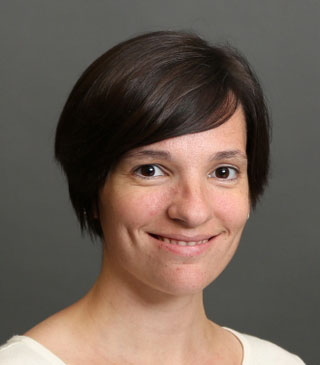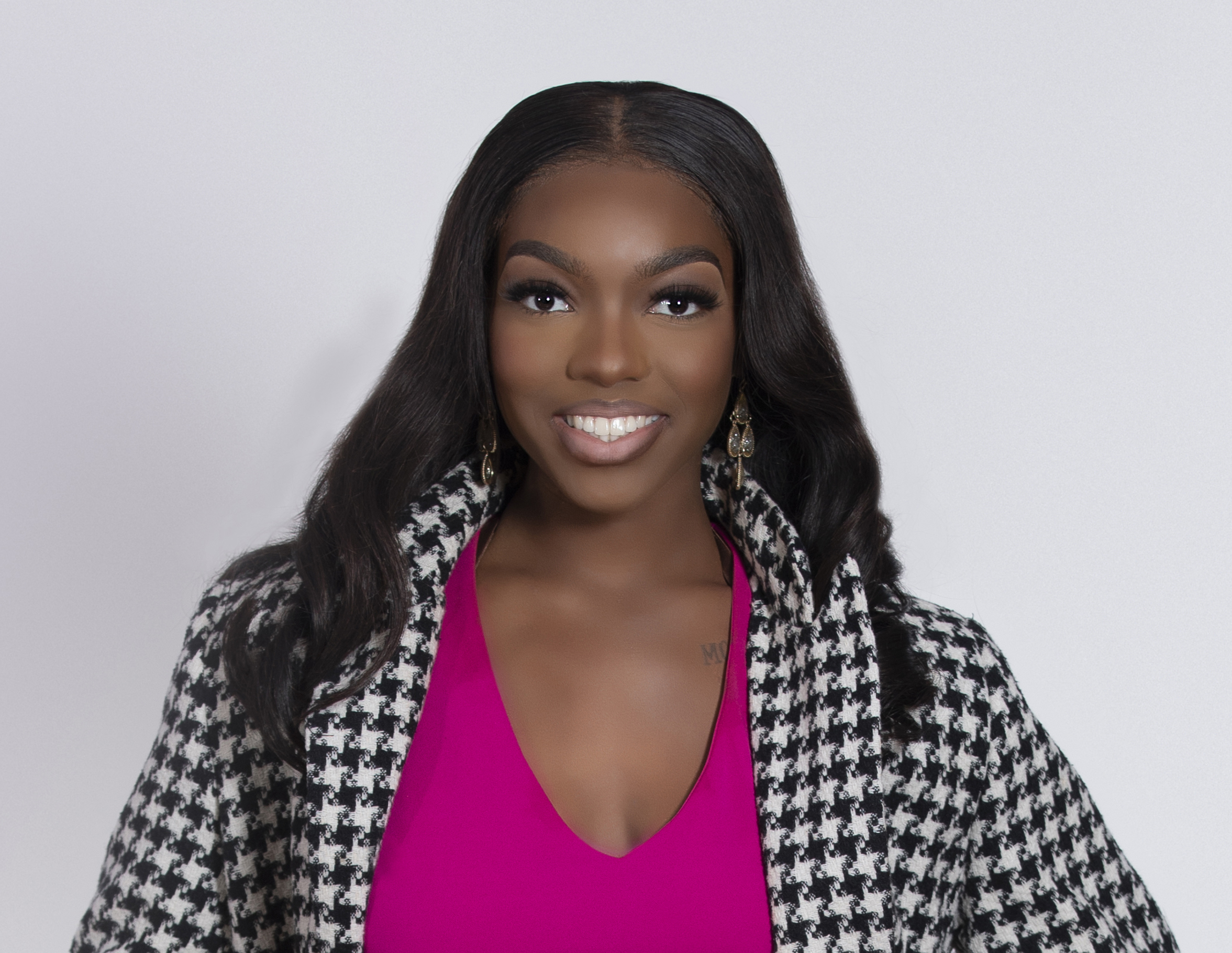Asked & Answered: Despite bumps and bruises of a solo practice firm, Norland would do it over again
By: Ali Teske//June 21, 2022//
Asked & Answered: Despite bumps and bruises of a solo practice firm, Norland would do it over again
By: Ali Teske//June 21, 2022//
 From practicing public defender cases out of his one-bedroom apartment in La Crosse to hanging a shingle on his own firm, Daniel Norland has experienced the legal spectrum.
From practicing public defender cases out of his one-bedroom apartment in La Crosse to hanging a shingle on his own firm, Daniel Norland has experienced the legal spectrum.
A Wisconsin native and founder of his solo practice Norland Law Firm, he grew up in Spring Green and received his Associate’s Degree from UW-Richland Center and bachelor’s from UW-La Crosse. Upon graduating from the University of Wisconsin Law School in 2010, he opted to move back to La Crosse and set up shop taking public defender misdemeanor cases, working from his small apartment.
Norland has been a member of the La Crosse Bar Association for nine years, serving in leadership positions for the past three, including completing a term as bar president from 2021-2022.
Norland recently sat down with the Wisconsin Law Journal for a Small Firm Spotlight to discuss the mindset and struggles of being a sole practitioner just north of Madison’s competitive legal market.
WLJ: What influenced you to open your own practice instead of joining a big firm or an existing firm?
Norland: In 2010, there was not a great legal job market. Unless you were top 5% of class you were not looking at a very robust employment opportunity. I wasn’t sure what I wanted to do. I didn’t want to work necessarily for a smaller firm. It was crazy to me after law school that an associate attorney salary was something like $34,000. If I’m going to be making $30,000 a year, I’m going to be my own boss. It was difficult to think about where I wanted to pull the trigger on that and how. I thought Madison would be too difficult of a place to learn the basic ropes of the actual practice of law as opposed to law school. Working from my one-bedroom apartment taking public defender cases was the only thing I could do because nobody knew who I was. I was cutting my teeth on misdemeanor cases because that’s all I could take. As time went on, I started increasing my caseload and increasing my exposure with judges and the legal community, taking family law cases, no-contest divorces and learning the ins and outs of how divorces work. That was kind of a moment of when I started getting calls for private pay clients for the reputation I was building as a family attorney.
WLJ: What do you enjoy about practicing family law as opposed to other areas of the profession?
Norland: If you’d have asked me up until any point around 2012, do you see yourself practicing family law, I’d have said, ‘No.’ It’s an area that you have to have a broad mind. No good divorce or custody placement lawyer tries to put the square peg into the round court hole without some creative thinking along the way. It’s less about going in with evidence into a black and white court hearing thinking this is the clear result because the law says so. That doesn’t happen in family law. It’s really about applying the facts of each individual case and applying it to family law. It’s a lot more creative freedom to develop conclusions to cases that work within the client’s best interest. I never would have guessed that that’s what I would be doing. That’s what kept calling. I grew to like it. It can be a difficult area of law that you can’t shut off on the weekends and spend time with your family.
WLJ: Over the last two years, virtual court proceedings have altered the expectation of accessibility of lawyers for clients. Has your practice been impacted by that shift?
Norland: It was hard and it kind of remained that way. As far as being able to disconnect, it was much harder during COVID because people know that you’re accessible and getting emails. My assistant and I hit 4:30 p.m. on a weekday and anything that came in after that we tried to make it wait. I’ve never done the thing where I charge after-hour or weekend rate. I don’t want people to be afraid to reach out to me, just be aware that unless it’s an emergency I won’t respond until I get back to work on Monday. Honestly, with the divorce cases I handle, I see that work-life balance and how important that can be. You can’t let it control everything — it can and it will. When I first hung out a shingle, I thought I had to respond to everything immediately. There hasn’t been an ‘aha moment,’ but as my practice has grown and gotten busy and gotten older, I’ve realized that I don’t have to do that. The cost to me is greater and it hurts my clients if I don’t take that time away. Depending on the area of practice sometimes it’s easier. A lot of clients work the same hours that we do. You have to set an expectation early on whether those things are likely to be responded to.
WLJ: Over the years, has there been a particular case you’ve handled that has had the largest impact on you as a lawyer?
Norland: It’s one of the reasons I don’t significantly do felony cases anymore or cases involving child victims. I took a case that bothered me to core. That’s one example that I think of that frankly that anytime that anyone calls about cases like that, we refer them out to someone I know will handle it well. There are cases that you pour your soul into where you think the judge got it wrong or you wonder what I could have done differently or even what did you do right — it goes both ways. You learn a little something about all of your cases.
WLJ: If any, what would you say is the biggest struggle of a small firm?
Norland: There are two things that come to mind. Both of these apply to when you start out on your own. There is a lot of value having someone down the hall or next door to bounce an idea off of. A lot of times you get hyper-focused on your idea of a case and sometimes just having someone down the hall to discuss that with and do a brief version of ‘This is what I’m looking at, what do you think?’ I realized that very early on and began office sharing with another sole practitioner. I can knock on his door. Sole practitioner does not mean you have to do this all by yourself, that you can’t collaborate. I thought originally starting out that that was a sign that I didn’t know what I was doing. You don’t have to do it yourself. That was a struggle for me to get past. Getting a different opinion is incredibly valuable because a judge isn’t just going to hear your side in a case. The attorney personality seems to be less likely to seek that assistance. For me, that was a learned skill. I had to address it and recognize the fact that that was the better way to go about things instead of being on this island.
The second thing is that it is difficult, extremely, to imagine what the business side of things is like if you don’t have a business background, which I didn’t. Just because you are a good attorney and your mind works like one doesn’t mean you have the knowledge to run the business side of things. Seeking advice from the people who came before you is so important. My initial conversations were with other attorneys that were doing it and how do I do this the best way possible. Thankfully I was cognizant of the fact that it was going to be very difficult. That part you have to be aware of — the time that that takes, the education that takes, in addition to CLE, there’s always things changing in the business side that attorneys at bigger firms don’t have to worry about. It gets to be a lot until you develop a system for it. Those two things are things that most small firms, especially solo-practitioners firms, struggle with until you get the processes in place to deal with it.
WLJ: What would your final piece of advice or thought be on becoming a solo practitioner?
Norland: I would just add that I have never regretted opening my own firm and being my own boss to start with. I think that’s a very personal decision and I’m not saying it would work for everybody. The freedom that comes with it and the ability to choose which cases I want, eventually, and to have the ability pick which direction to go is incredibly valuable. Even if I had it to do over again, been top 5% of my class and could get a job at a big firm in, say Chicago, this was the best choice for me. For younger graduates that are looking for a spot in this field, it’s a doable, achievable goal. I think people forget it’s an option because it’s scary. It doesn’t come without its bumps and bruises, but it comes with time and practice and experience and all those fun things.
Legal News
- FBI launches criminal investigation into Key Bridge collapse
- Man charged in slaying after woman’s leg found at Milwaukee-area park
- Minnesota man guilty in fatal stabbing of teen on Wisconsin river, jury finds
- Wisconsin teen sentenced in bonfire explosion that burned at least 17
- Wisconsin man who broke into home, ate victim’s chicken, slept in victim’s bed, receives prison and jail sentences
- Judge refuses to dismiss Hunter Biden’s gun case
- House passes reauthorization of key US surveillance program after days of upheaval over changes
- Milwaukee Police officer traveling to Georgia training retires before facing discipline
- Evers to ask legislature to approve largest increase in state support for UW System in two decades
- 7th Circuit Court of Appeals proposes new rules
- Federal agencies allege toxic work environment for women in new report
- Wisconsin man sentenced for sex trafficking a woman and a minor online
WLJ People
- Power 30 Personal Injury Attorneys – Russell Nicolet
- Power 30 Personal Injury Attorneys – Benjamin Nicolet
- Power 30 Personal Injury Attorneys – Dustin T. Woehl
- Power 30 Personal Injury Attorneys – Katherine Metzger
- Power 30 Personal Injury Attorneys – Joseph Ryan
- Power 30 Personal Injury Attorneys – James M. Ryan
- Power 30 Personal Injury Attorneys – Dana Wachs
- Power 30 Personal Injury Attorneys – Mark L. Thomsen
- Power 30 Personal Injury Attorneys – Matthew Lein
- Power 30 Personal Injury Attorneys – Jeffrey A. Pitman
- Power 30 Personal Injury Attorneys – William Pemberton
- Power 30 Personal Injury Attorneys – Howard S. Sicula











